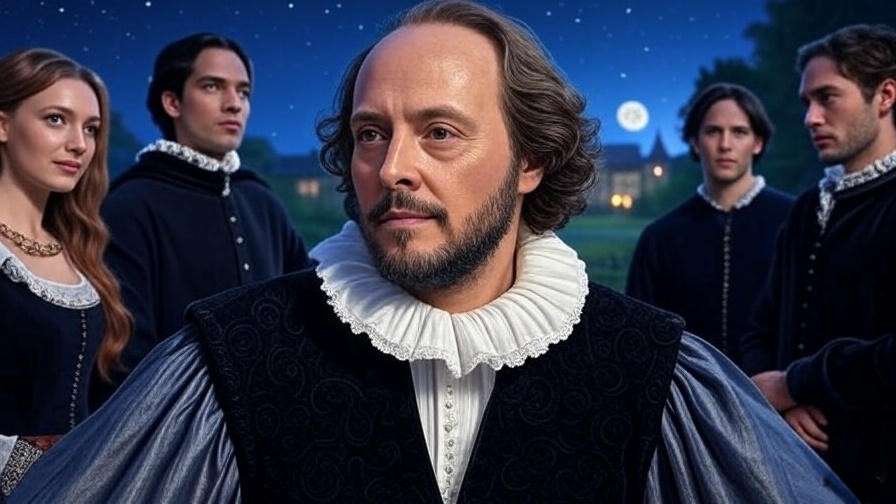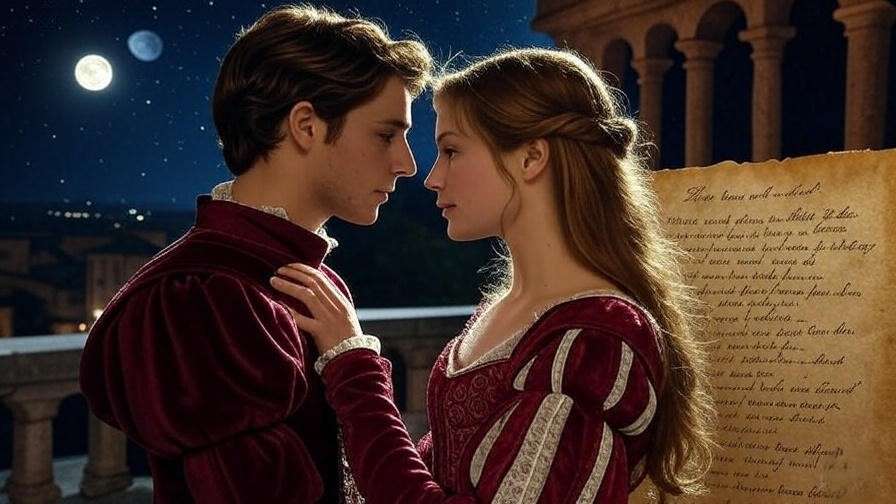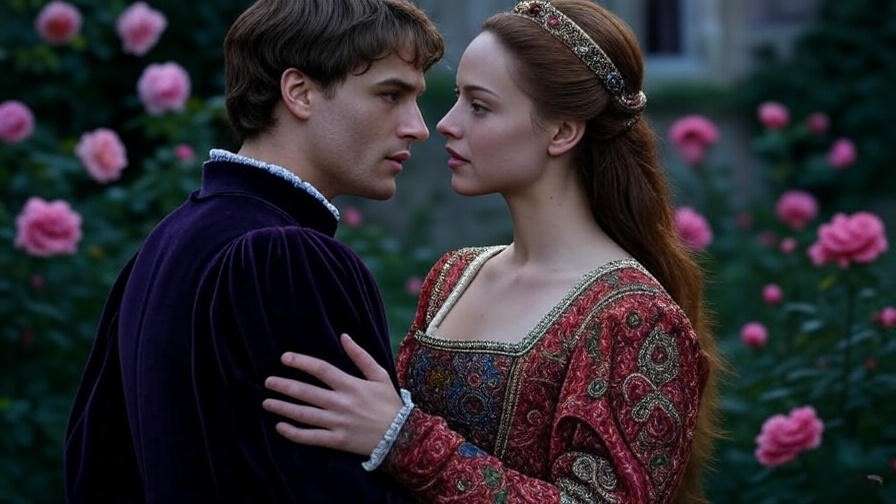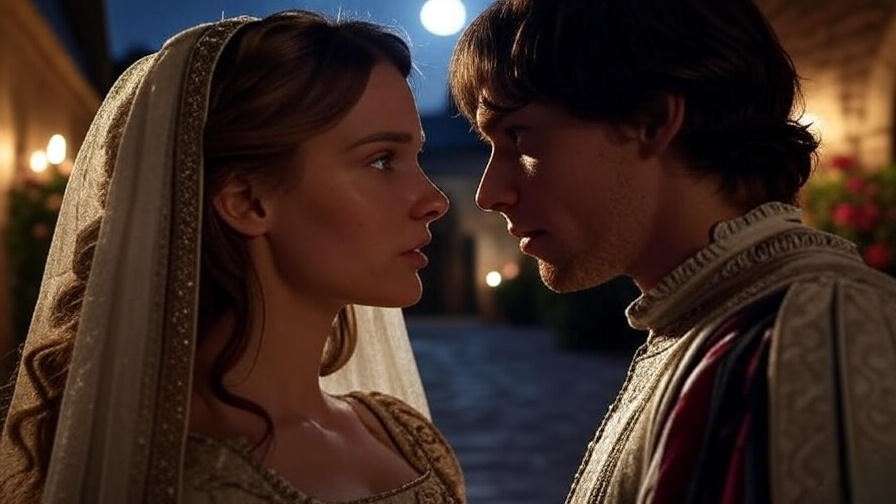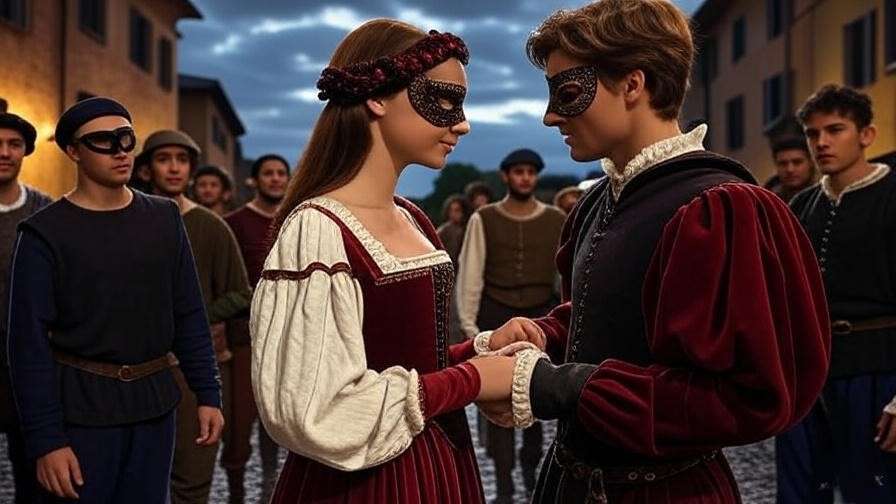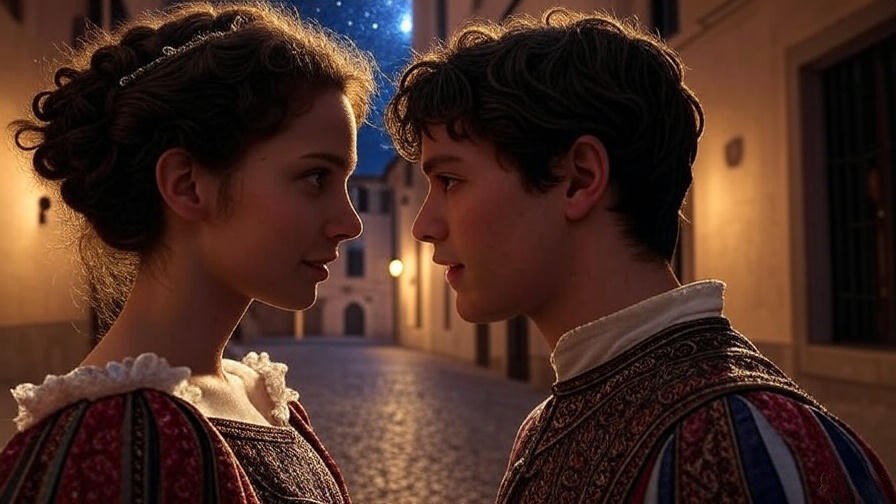Imagine standing beneath a velvet night sky, stars twinkling like whispered secrets from the cosmos. For William Shakespeare, these celestial beacons were more than mere lights—they were symbols of fate, love, and divine mystery. The “Shakespeare stars quote,” particularly the iconic “star-cross’d lovers” from Romeo and Juliet, captures the imagination of readers and scholars alike, weaving celestial imagery into the heart of his storytelling. Why do these quotes resonate across centuries? How do they reflect the Elizabethan worldview and speak to modern audiences? This article dives deep into the magic of Shakespeare’s stars quotes, exploring their meaning, context, and enduring relevance. Drawing on historical sources, literary analysis, and expert insights, we’ll uncover the cosmic wisdom in his works, offering you a richer understanding of the Bard’s genius and practical ways to apply his insights today.
The Significance of Stars in Shakespeare’s World
The Elizabethan View of the Cosmos
In Shakespeare’s time, the night sky was a tapestry of mystery and meaning. Elizabethans viewed stars through a blend of astronomy, astrology, and mythology, believing they held sway over human destinies. The Ptolemaic model, which placed Earth at the universe’s center, dominated scientific thought, while astrology was a respected practice, guiding everything from royal decisions to personal affairs. As noted in John Dee’s astronomical writings, stars were seen as divine agents, their movements dictating fate. This worldview permeates Shakespeare’s works, where celestial imagery often signals cosmic forces at play. Understanding this context is key to grasping the depth of his stars quotes.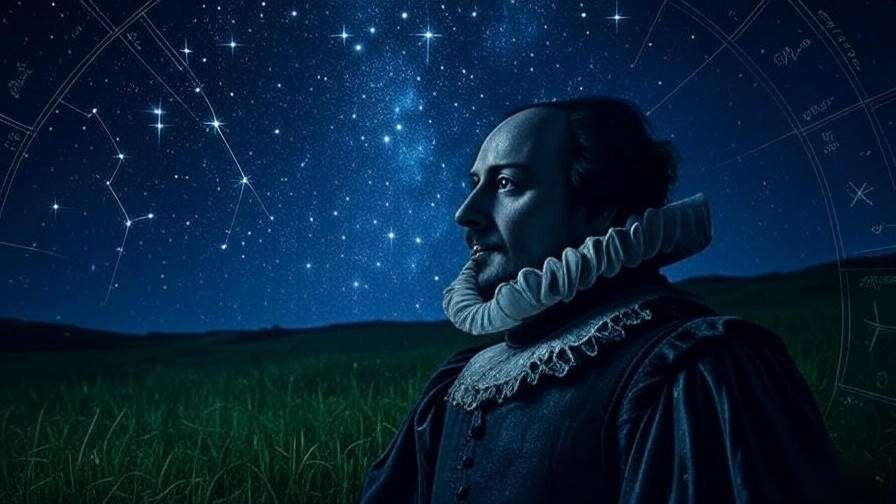
Stars as a Literary Device
Shakespeare wielded stars as powerful symbols, infusing his plays and sonnets with layers of meaning. Stars represent fate, as in Romeo and Juliet, where lovers are doomed by cosmic design. They also evoke love’s transcendence, as in Sonnet 116, where love is “an ever-fixed mark” like a guiding star. In King Lear, stars underscore human vulnerability to divine will. These metaphors weren’t mere flourishes; they resonated with audiences who saw the heavens as a mirror of earthly life. By exploring these symbols, we uncover how Shakespeare used the cosmos to explore universal themes of destiny, love, and mortality.
Exploring the Iconic “Shakespeare Stars Quote”
The Most Famous Stars Quote: “Star-Crossed Lovers” in Romeo and Juliet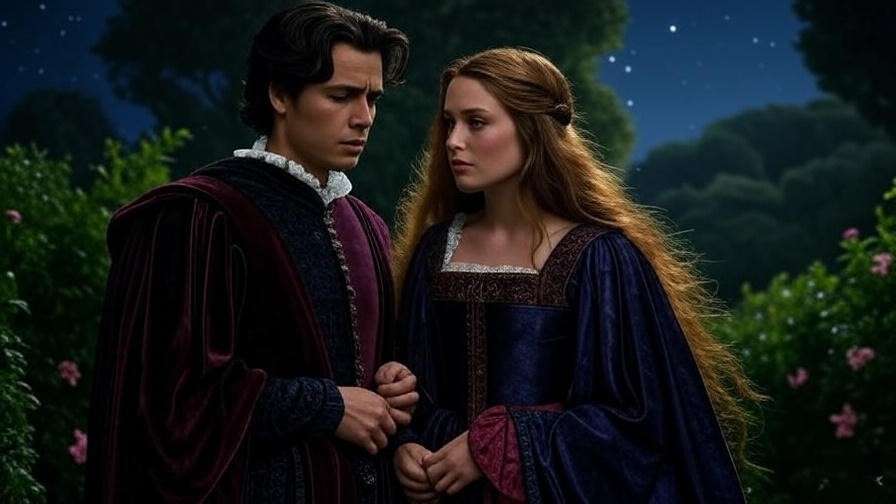
The phrase “a pair of star-cross’d lovers” from the Prologue of Romeo and Juliet is perhaps Shakespeare’s most famous celestial reference. Spoken by the Chorus, it sets the tragic tone: “From forth the fatal loins of these two foes / A pair of star-cross’d lovers take their life.” The term “star-crossed” implies that Romeo and Juliet’s love is thwarted by the stars—fate itself conspires against them. This quote encapsulates the play’s central tension: the clash between individual desire and cosmic destiny. Scholars like Stephen Greenblatt note that Shakespeare drew on Elizabethan fatalism, where stellar alignments were believed to dictate human outcomes.
The cultural impact of this quote is immense. It has inspired countless adaptations, from West Side Story to modern romance novels. For readers, it raises timeless questions: Are we bound by fate, or can we forge our own paths? Tip: Reflect on this quote by journaling about moments in your life where you felt guided—or hindered—by forces beyond your control. This exercise can deepen your connection to Shakespeare’s themes.
Other Notable Stars Quotes in Shakespeare’s Works
Shakespeare’s celestial imagery extends beyond Romeo and Juliet. In Julius Caesar, Cassius declares, “The fault, dear Brutus, is not in our stars, / But in ourselves, that we are underlings” (Act 1, Scene 2). This quote challenges fatalism, urging personal responsibility over cosmic blame. It’s a stark contrast to the doomed lovers of Verona, showcasing Shakespeare’s nuanced exploration of fate. Similarly, in King Lear, Kent laments, “The stars above us, govern our conditions” (Act 4, Scene 3), reinforcing the idea of celestial influence over human suffering.
In The Tempest, Prospero speaks of “auspicious stars” guiding his fortunes, blending hope with cosmic order. Each quote serves a distinct purpose, from empowering agency to highlighting human frailty. By comparing these, we see Shakespeare’s versatility in using stars to mirror the human condition. Example: Consider how Julius Caesar’s rejection of fate contrasts with modern self-help philosophies that emphasize personal empowerment.
The Literary and Historical Context of Shakespeare’s Celestial Imagery
Shakespeare’s Sources of Inspiration
Shakespeare’s star imagery was rooted in a rich tapestry of influences. He drew heavily from classical mythology, particularly Ovid’s Metamorphoses, which abounds with tales of gods and constellations. The story of Phaethon, for instance, who drove the sun’s chariot and fell from the sky, echoes in Shakespeare’s metaphors of hubris and downfall. Renaissance astrology also shaped his work. Texts like William Lilly’s Christian Astrology reflect the era’s belief in stellar influence, which Shakespeare both embraced and questioned. Scholar Harold Bloom argues that Shakespeare’s genius lay in blending these sources with human psychology, creating timeless reflections on fate and free will.
The Role of Stars in Elizabethan Theater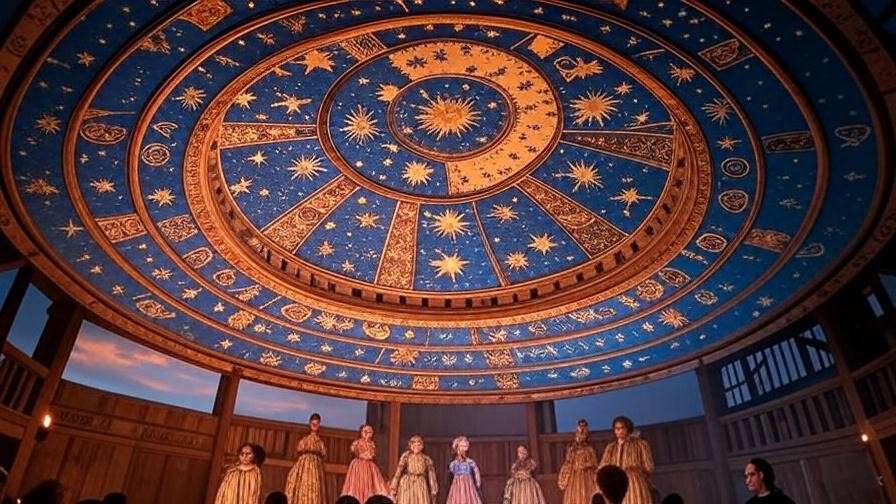
In the open-air Globe Theatre, the “heavens”—a painted canopy above the stage—visually reinforced Shakespeare’s celestial imagery. This canopy, adorned with stars and zodiac signs, symbolized the cosmic order governing the play’s events. When characters spoke of stars, audiences saw the connection between the stage and the sky. As theater historian Andrew Gurr notes, this design made the Globe a microcosm of the universe, amplifying the impact of lines like “star-crossed lovers.” Visual Element: An infographic of the Globe’s structure, highlighting the “heavens,” would help readers visualize this connection.
Why Shakespeare’s Stars Quotes Resonate Today
Universal Themes of Fate and Destiny
Shakespeare’s stars quotes endure because they tap into universal questions: Do the stars—or fate—control our lives? The tension between destiny and free will remains relevant, whether in philosophical debates or personal reflections. For instance, the “star-crossed lovers” concept resonates with anyone who’s faced seemingly insurmountable obstacles in love. Meanwhile, Julius Caesar’s call to action inspires those seeking to take charge of their futures. These themes invite readers to ponder their own beliefs about agency and destiny, making Shakespeare’s words as vital today as they were 400 years ago.
Stars in Popular Culture
Shakespeare’s celestial imagery permeates modern culture. The term “star-crossed” appears in songs like The Killers’ “Mr. Brightside” and Taylor Swift’s “Love Story,” echoing Romeo and Juliet’s tragic romance. Films like The Fault in Our Stars borrow the motif of cosmic fate, while motivational speakers often cite Julius Caesar to inspire action. These references show how Shakespeare’s stars quotes transcend literature, shaping storytelling across media. Tip: Next time you watch a movie or listen to music, look for echoes of Shakespeare’s celestial themes to deepen your appreciation.
Applying Shakespeare’s Celestial Wisdom to Modern Life
Lessons from the Stars
Shakespeare’s stars quotes offer more than literary beauty—they provide profound lessons for navigating life’s uncertainties. The “star-crossed lovers” of Romeo and Juliet remind us that love can be both beautiful and tragic, urging us to cherish fleeting moments. Meanwhile, Cassius’s words in Julius Caesar—“The fault, dear Brutus, is not in our stars, / But in ourselves”—encourage personal accountability. These quotes invite reflection on how much control we have over our destinies. For example, when faced with a setback, consider whether it’s fate or a chance to take action, as Cassius suggests.
Practical Exercise: Try a journaling prompt inspired by Julius Caesar. Write about a recent challenge and ask, “Was this ‘in the stars,’ or can I shape the outcome?” This exercise fosters self-awareness and aligns with Shakespeare’s exploration of agency. By engaging with these themes, readers can find clarity in their own life choices, making the Bard’s wisdom accessible and actionable.
Using Shakespeare’s Quotes in Creative Projects
Shakespeare’s celestial imagery is a treasure trove for creative expression. Writers can weave star quotes into poetry or prose to evoke fate or romance. For instance, using “star-crossed” in a short story can add depth to a tragic love arc. Artists might draw inspiration from the cosmic imagery in The Tempest, creating starry visuals to symbolize hope. Public speakers can use Julius Caesar’s quote to motivate audiences toward action. Step-by-Step Guide: To write a Shakespeare-inspired poem:
- Choose a star quote (e.g., “The stars above us, govern our conditions” from King Lear).
- Brainstorm emotions or images it evokes (e.g., fate, mystery, night skies).
- Craft a short poem using celestial metaphors, mirroring Shakespeare’s style.
- Share your work in a writing group or on social media with #ShakespeareStars.
This approach not only honors Shakespeare’s legacy but also sparks creativity, making his words relevant to modern audiences.
FAQs About Shakespeare’s Stars Quotes
Question 1: What does “star-crossed lovers” mean in Romeo and Juliet?
The term “star-crossed lovers” refers to Romeo and Juliet, whose love is doomed by fate, as symbolized by misaligned stars. In Elizabethan astrology, “crossed” implied opposition or misfortune in celestial alignments. The Prologue’s quote foreshadows their tragic end, emphasizing fate’s role over free will. This concept resonates today in stories of love thwarted by external forces, from societal norms to timing.
Question 2: Are there other plays where Shakespeare uses star imagery prominently?
Yes, Shakespeare weaves star imagery throughout his works. In King Lear, stars symbolize cosmic control over human suffering, as in Kent’s line, “The stars above us, govern our conditions.” The Tempest uses “auspicious stars” to signify hope and restoration. A Midsummer Night’s Dream employs stars to enhance its magical atmosphere, with references to constellations like the Pleiades. Each play uses stars to deepen thematic resonance.
Question 3: How can I use Shakespeare’s star quotes in my writing or daily life?
Shakespeare’s star quotes can inspire creative and personal growth. In writing, use “star-crossed” to describe ill-fated relationships or Julius Caesar’s quote for themes of empowerment. In daily life, reflect on these quotes during decision-making moments. For example, recite “The fault is not in our stars” to boost confidence before a big choice. Incorporate them into speeches, journals, or social media posts for inspiration.
Question 4: Did Shakespeare believe in astrology?
While Shakespeare’s personal beliefs are unknown, his works reflect the Elizabethan fascination with astrology while questioning its determinism. Quotes like Julius Caesar’s suggest skepticism, emphasizing human agency, whereas Romeo and Juliet leans into fatalism. Scholars like Frances Yates suggest Shakespeare used astrology as a dramatic tool, not a personal doctrine, blending it with classical and Christian ideas to explore human nature.
Conclusion
Shakespeare’s stars quotes, from the haunting “star-cross’d lovers” to the empowering “not in our stars,” illuminate the human experience with celestial wisdom. They bridge the Elizabethan cosmos and modern life, inviting us to ponder fate, love, and agency. By exploring their literary, historical, and cultural significance, we’ve uncovered why these words endure, inspiring everything from philosophical reflection to creative projects. Dive into Shakespeare’s plays to discover more celestial gems, and let them guide your own journey under the stars. Call to Action: Share your favorite Shakespeare quote in the comments or on social media with #ShakespeareStars to join the conversation.

